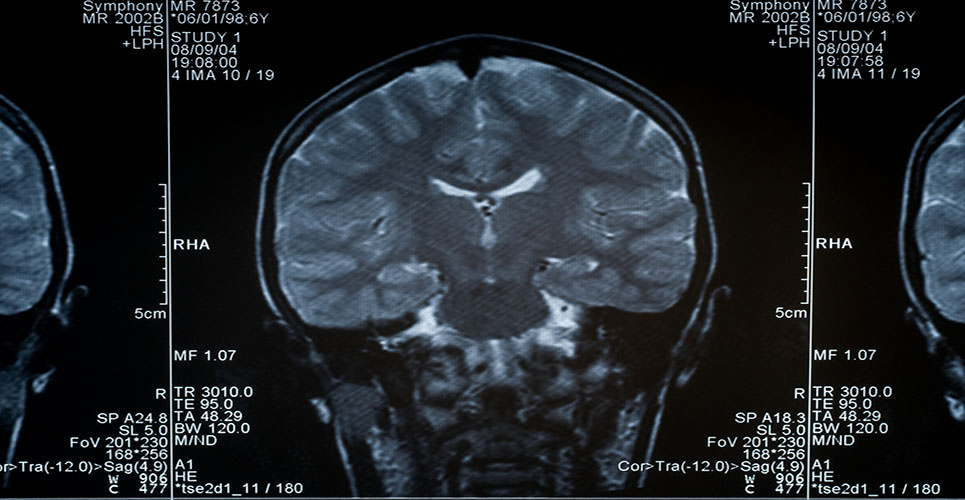teaser
There is no evidence that in adolescents with moderate to severe major depression, cognitive behaviour therapy (CBT) combined with a selective serotonin reuptake inhibitor (SSRI) in the presence of routine clinical care contributes to an improved outcome by 28 weeks compared with the provision of routine clinical care plus an SSRI alone.
Such are the results of a pragmatic, randomised controlled superiority trial carried out across six outpatient clinics in Manchester and Cambridge. The study included 208 adolescents aged 11–17 with moderate to severe major or probable major depression. Adolescents with suicidality, depressive psychosis or conduct disorder were included. Those already taking antidepressants or those thought to require immediate treatment with antidepressants were excluded.
Study participants were initially assessed by study psychiatrists and were offered a brief initial intervention based on principles of routine clinical care for a minimum of two sessions, if they had not had such an intervention prior to referral. If participants did not improve after the brief initial intervention, they were randomised to SSRI alone and routine care (n=103) or SSRI plus CBT and routine care (n=105) for 12 weeks, followed by a 16-week maintenance phase (total 28 weeks).
Fluoxetine was the primary SSRI used in the study, but if this was ineffective or caused side-effects, other SSRIs were considered. The primary endpoint measure used in the study was a change in score on the Health of the Nation outcome scales (HoNOS) for children and adolescents from baseline with 12 weeks as the primary and 28 weeks as the follow-up endpoint. HoNOS is a routine clinical outcome measure used by mental health services in England; the scale is interviewer-rated and assesses global impairment.
Secondary outcome measures included change in scores on the mood and feelings questionnaire, the revised children’s depression rating scale, the children’s global assessment scale, and the clinical global impression improvement scale. The study found:

• At 12 weeks the treatment effect for the primary outcome was –0.64 (95% confidence interval –2.54–1.26, p=0.50).
• In a longitudinal analysis, there was no difference in effectiveness of treatment for the primary (average treatment effect 0.001, –1.52–1.52, p=0.99) or secondary outcome measures.
• On average there was a decrease in suicidal thoughts and self-harm.
• There was no evidence of a protective effect of cognitive behaviour therapy on suicidal thinking or action.
• By 28 weeks, 57% were much or very much improved with 20% remaining unimproved.
BMJ, published early online 7 June 2007
